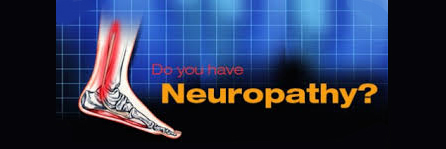
Treatment for Neuropathy
Most neuropathies are due to compression of a nerve (a pinched nerve). Other causes include hereditary conditions, trauma, diabetes, and kidney disease. By thoroughly examining a patient, a clinical suspicion of the cause may be deduced (the diagnosis) and this may usually be proven by performing simple blood tests and electrodiagnostic studies. Electrodiagnostic studies usually include nerve conduction studies and electromyography which directly study nerve and muscle function and allow the neurologist to determine more accurately the precise nature of the condition afflicting the patient. When this is secured, treatment directed specifically for the disorder is instituted. Treatment may include a variety of medications, physical or occupational therapy, splinting, or surgery, depending on the cause of the neuropathy. Enrollment in therapeutic drug trials is also available for specific conditions.
What is Neuropathy?
Neuropathy is a disorder which affects the nerves in the body. Nerves are electrical cables which transmit information from the body to the brain and from the brain to the body. They are present throughout the body. When nerves are not functioning normally, for whatever reason, the condition is referred to as neuropathy or peripheral neuropathy. Symptoms of peripheral neuropathy include weakness, muscle cramps, muscle twitching, pain, numbness of the feet or hands, burning, and tingling. These symptoms are usually present in the feet or hands but may occur anywhere in the body.



